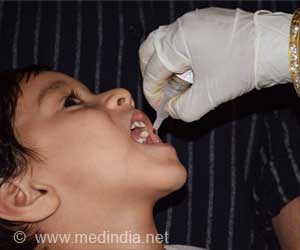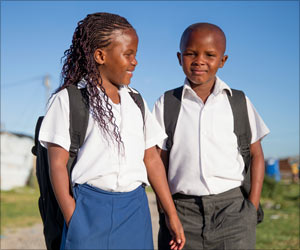Six Indian professors and research scholars have been chosen for the Australian Studies Fellowships (ASF) for 2006-07.
The Australian Embassy in New Delhi announced in a statement Tuesday the names of the six recipients of the fellowship under the Australia-India Council (AIC) programme.The recipients are Deb Narayan Bandopadhyay from Burdwan University in West Bengal, Kamala Kanta Dash from Jawaharlal Nehru University (JNU) in Delhi, Angshuman Kar (Burdwan University), Professor Kapil Kumar from Indira Gandhi Open University, Nabeel Ajmal (JNU) and Amita Singh (JNU).
Earlier this month, the AIC had announced the winners of the 2006 Border-Gavaskar Scholarship, under which three young and promising Indian cricketers are currently training at the Commonwealth Bank Centre of Excellence (CBCE) in Brisbane.
This year's winners are Mumbai's Kshemal Vaingankar, a right-arm pace bowler, Karnataka's Gaurav Dhiman, a right-hand opener, and Vadodara wicket keeper Pinal Shah. An Indian cricket board committee, headed by Gavaskar, had picked them.
They reached Australia June 19 for a six-week stint and they will have access to all CBCE coaches and facilities.
Congratulating the studies scholarship recipients, the AIC chairman Darren Gribble said that the fellowships were aimed at consolidating the education and research relationship between the two countries.
Advertisement
A consortium of universities on behalf of the AIC manages the Australian Studies Fellowships programme. Led by Curtin University, the consortium includes the Monash University and the University of Queensland.
Advertisement
(Source: IANS News)





